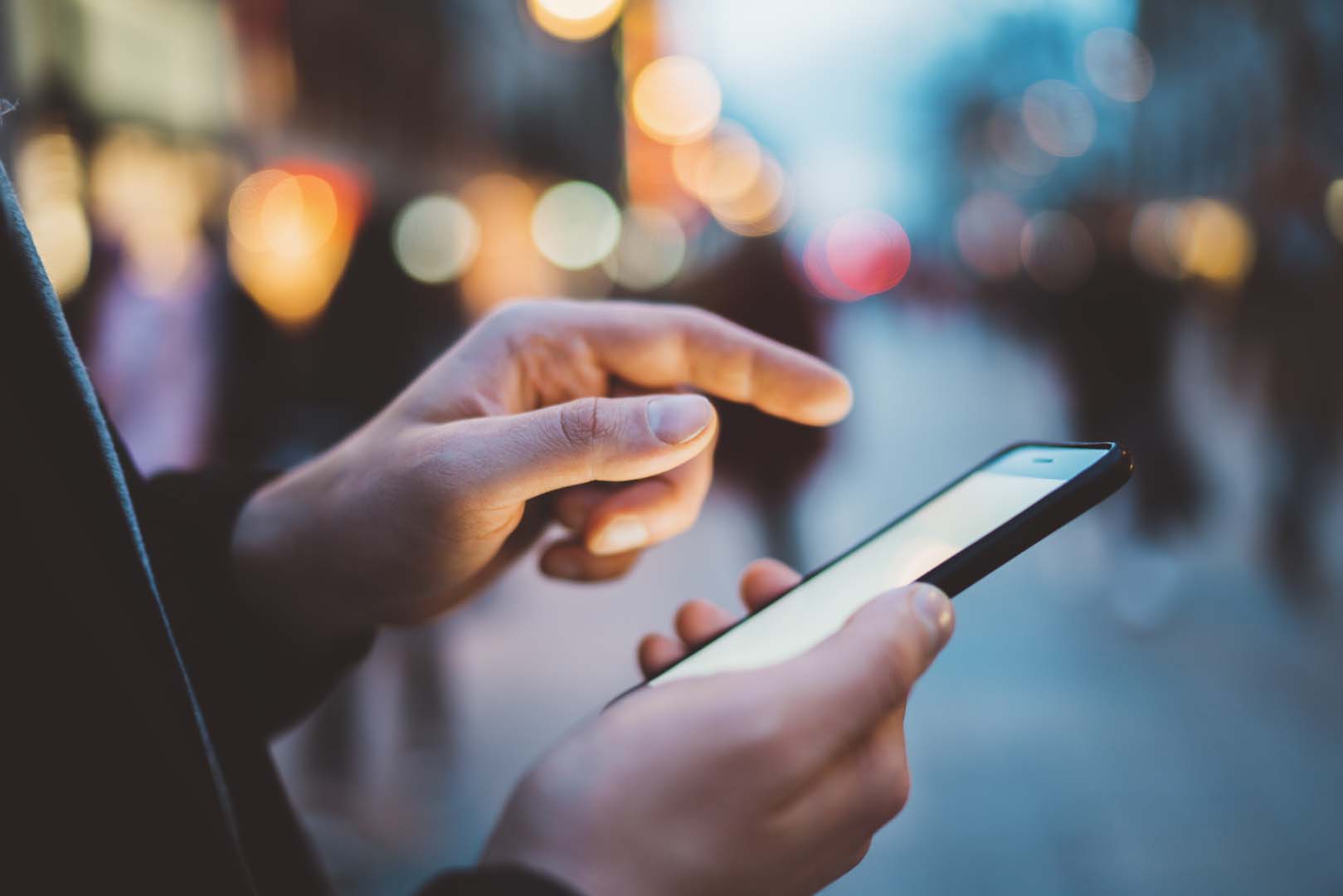Gamification + Rewards: The Key to Motivating Behavior Change

Introduction
The more users engage with behavior-changing apps like DriveWell, the more likely they are to experience long-term behavior change. Gamification, the process of using motivational hooks in a game-like setting to help stretch engagement and repeat usage, can be an important tool in driving behavior change.
According to the theory of human motivation, our actions are driven by outside reinforcement. Gamification combines two motivations: extrinsic/external rewards such as levels, points and prizes to improve engagement; and intrinsic/internal motivation from striving to raise the feelings of mastery, autonomy, and a sense of belonging. One recent study found people played a gamified app five times more than they needed to in order to get a reward. 1
Rewards as extrinsic motivation
Gamification consultant Yu-kai Chou suggests extrinsic rewards such as gift cards, money, and merchandise are excellent tools to attract people. Rewards and prizes spike dopamine – a neurotransmitter associated with desire and habit. Winning a reward increases dopamine levels in your brain, which motivates you to continue the reward-winning behavior. Surprise achievements and rewards distributed in unpredictable intervals increases dopamine levels, reinforcing the behaviors. 2
Rewards-based insurance apps yield real results
One insurer using CMT’s solutions experienced over 50 percent consumer adoption of its program. It also reported: 61% decrease in loss ratio since 2014, 6x increase in market share, 56% lower loss ratio for drivers, and 60% lower fatalities than the national average. End-user feedback includes this testimonial from a teen driver using the program.
How other programs are using rewards
Virgin Pulse is an employee incentive program that encourages healthy behavior. Its most effective incentives include cash rewards, no monthly fee, penalty for non-participation, and free devices (like a FitBit or heart rate monitor). As a result of its program, 60 percent of Virgin Pulse members who were previously sedentary are now active, and 47 percent of Virgin Pulse members have lowered their blood pressure.
Uber recently launched Uber Rewards, a loyalty program for its users. Riders earn points for money spent on Uber and Uber Eats, that add up to $5 credits, upgrades to nicer cars, free food delivery, flexible cancellations and priority customer support. The program was created based on user feedback, surveys and focus groups around what its users wanted in a loyalty program.
A note on rewards
While rewards are a powerful extrinsic motivator for app use, studies suggest the most powerful plan for behavior change includes both extrinsic and intrinsic factors. Rankings, social recognition, and purpose are strong intrinsic factors that prolong use of behavior-change apps. For that reason, DriveWell includes rankings, stats, competitions, and safe driving, connecting the user’s effort, performance, and outcomes.
Other features such as in-app claims assistance or discounts upon renewal should be considered when building a robust, engaging telematics app that creates and retains safer drivers.
Endnotes
- https://gamificationplus.uk/behaviour-change-gamification/
- https://news.vanderbilt.edu/2004/05/07/its-a-gamble-dopamine-levels-tied-to-uncertainty-of-rewards-59664/
[/vc_column_text][/vc_column][/vc_row]